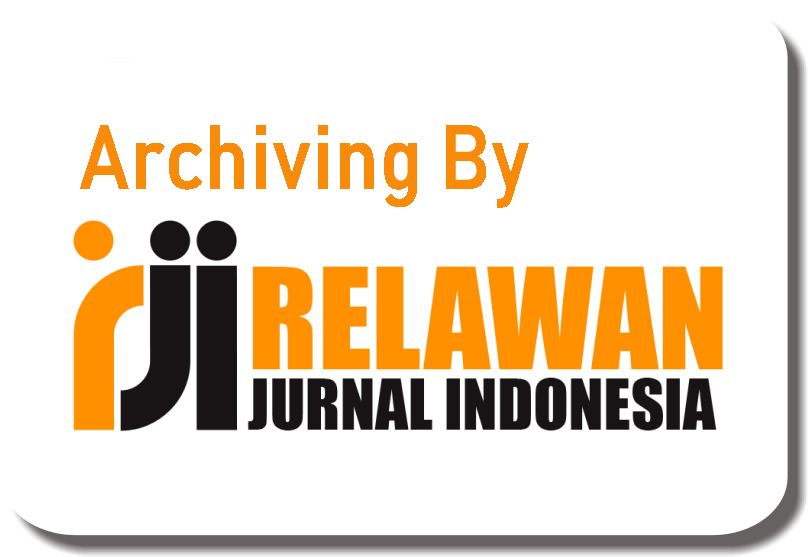Educational Interpretation Strategies in Answering Students' Psychosocial Challenges in the Era of Globalization
Abstract
The era of globalization has had a significant impact on the social, cultural and psychological lives of students. Rapid technological and information developments require students to be adaptable, but also give rise to various psychosocial challenges such as stress, anxiety, identity crises and social pressure. This article aims to examine educational interpretation strategies as an alternative approach to addressing these challenges. Educational interpretation approaches offer a holistic perspective by integrating religious, moral and spiritual values into educational practices. Through a qualitative literature-based study, this article identifies that educational interpretation strategies can provide new meaning to the learning process, focusing not only on cognition but also on character development and emotional balance in students. The study's findings indicate that education based on the values of Quranic interpretation, for example, can foster psychological resilience, social empathy and self-awareness in students facing the complex currents of globalization. Thus, educational interpretation strategies are a relevant and applicable solution to address the psychosocial challenges of today's students.
Keywords
Full Text:
PDFReferences
Al Qurthubi. (2003). Al-Jāmi‘ li Aḥkām al-Qur’ān, Juz V dan Juz II. Beirut: Dar al-Kutub al-Ilmiyyah.
Al-Razi, Fakhruddin. (2013). Tafsir al-Kabir (Mafatih al-Ghayb), Jilid II. Beirut: Dar Ihya al-Turats al-Arabi.
Al Thabari. (2001). Jāmi‘ al-Bayān fī Ta’wīl Āy al-Qur’ān, Juz IX. Beirut: Muʼassasat al-Risālah.
Collaborative for Academic, Social, and Emotional Learning (CASEL). (2020). What is SEL? Retrieved from https://casel.org/what-is-sel/
Hassan, R. (2014). Islamic Education: Philosophical and Contemporary Perspectives. Kuala Lumpur: ISTAC.
Ibn Miskawaih. (2005). Tahdzīb al-Akhlāq. Beirut: Dār al-Ma‘rifah.
Ibnu Katsir. (2020). Tafsir al-Qur’an al-‘Azhim, Juz II. Kairo: Dar al-Taqwa.
Johnson, D. (2017). Psychosocial Challenges in Adolescent Development. New York: Springer.
Langgulung, H. (2000). Pendidikan Islam dan Perubahan Sosial. Jakarta: Gema Insani.
Lee, M., & Larson, R. (2016). The Korean “Examination Hell”: Long Hours of Studying, Distress, and Depression. Journal of Youth and Adolescence, 35(3), 243-251.
Mudzakir, A. (2010). Psikologi Pendidikan dalam Perspektif Islam. Jakarta: PT RajaGrafindo Persada.
Nasr, S. H. (2002). The Heart of Islam: Enduring Values for Humanity. New York: HarperOne.
Olweus, D. (1993). Bullying at School: What We Know and What We Can Do. Cambridge, MA: Blackwell.
Rahman, F. (2018). Dampak Globalisasi terhadap Psikososial Remaja. Bandung: Alfabeta.
Santrock, J. W. (2018). Adolescence (16th ed.). McGraw-Hill Education.
Sayyid Qutb. Fi Zilal al-Qur’an.
Shihab, M. Q. (2002). Tafsīr al-Miṣbah, Juz IV. Ciputat: Lentera Hati.
Smith, J., & Alloy, L. (2009). Cognitive Vulnerability to Depression: Theory, Research, and Treatment. New York: Guilford Press.
Southwick, S. M., & Charney, D. S. (2012). Resilience: The Science of Mastering Life's Greatest Challenges. Cambridge University Press.
Suyitno, M. (2015). Tafsir Pendidikan: Pendekatan Al-Qur’an untuk Pengembangan Karakter. Yogyakarta: LKiS.
Valkenburg, P. M., & Peter, J. (2017). Social Consequences of the Internet for Adolescents: A Decade of Research. Current Directions in Psychological Science, 26(1), 18-23.
World Health Organization (WHO). (2021). Adolescent Mental Health. Retrieved from https://www.who.int/news-room/fact-sheets/detail/adolescent-mental-health
Zuhairini, et al. (2007). Filsafat Pendidikan Islam. Jakarta: Bumi Aksara.
DOI: https://doi.org/10.31004/jele.v10i5.1493
Refbacks
- There are currently no refbacks.
Copyright (c) 2025 Ahmad Ari Mashuri, Selvy Yuspitasari

This work is licensed under a Creative Commons Attribution-ShareAlike 4.0 International License.



